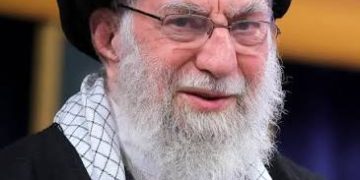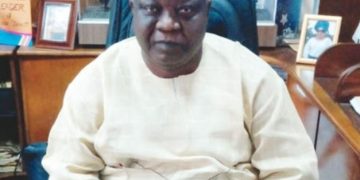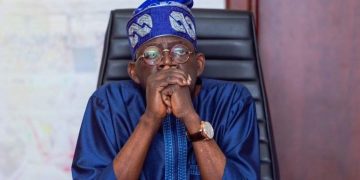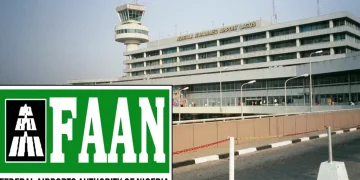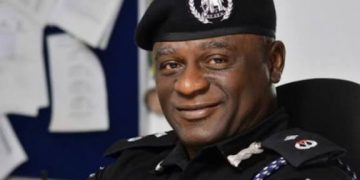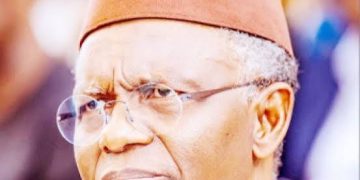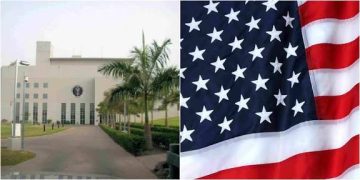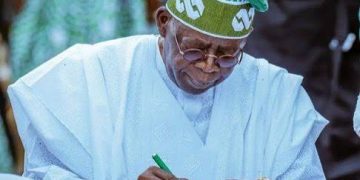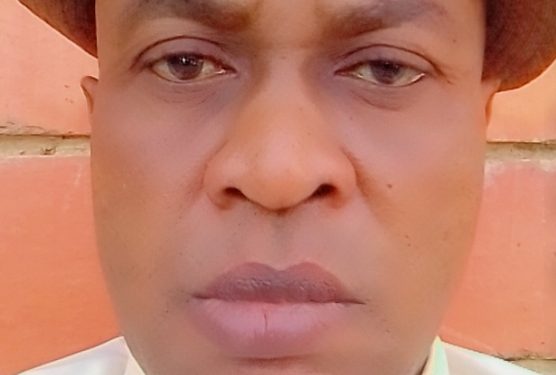A society where judges begin to prioritize power, influence, and financial gain over humanity inevitably drifts toward moral decline. When the guardians of justice lose empathy, the people standing before them cease to be seen as valuable human beings whose rights must be protected. Instead, they become mere statistics. In such a system, the question becomes unavoidable: Can an ordinary Nigerian truly get a fair trial in today’s courts?
This question kept running through my mind, and as a human rights advocate, journalist, and publisher of Profiles International Human Rights Advocate, I owe Nigerians a transparent and honest account of the current state of our judiciary.
Today, this question rests on the lips of millions, especially as longstanding concerns about judicial corruption continue to cast doubt on the integrity of Nigeria’s justice system. If these concerns are valid, then countless Nigerians may be languishing in prison not because they are guilty, but because justice was compromised before it even began.
At its core, the judiciary is the constitutional safeguard of democracy. Judges are entrusted with interpreting the law, upholding the Constitution, protecting fundamental rights, resolving disputes, and holding the government accountable. They are meant to operate above politics, personal interest, and societal pressure. Yet they are also products of the same society that shaped every other public institution one battling political interference, economic disparities, weakened systems, and a deeply rooted legacy of corruption. As the saying goes, an apple cannot fall far from the tree.
Public outrage intensified recently when reports circulated on social media alleging that Nigerian judges sang President Bola Ahmed Tinubu’s campaign anthem, “On Your Mandate We Shall Stand,” during the 2025 All Nigeria Judges’ Conference in Abuja.
Former Vice President Atiku Abubakar condemned the situation, describing it as “reckless, scandalous, disgraceful, and deeply irresponsible.” Professor Anthony Kila of the Nigerian League of Columnists went further, calling it a “show of shame.”
However, the National Judicial Institute (NJI), which organized the conference, firmly denied the allegation. According to its clarification, no judge sang the political anthem. Could it be that the narrative originated from social media interpretations of an instrumental tune played during the event?
Regardless of which version is true, the controversy highlights how fragile public trust has become. A judiciary with strong credibility would not have generated such immediate and heated assumptions.
Nigeria’s judicial sector has long faced accusations of corruption, and several credible studies reinforce these concerns.
A 2023 National Bureau of Statistics (NBS) survey conducted in partnership with the United Nations Office on Drugs and Crime (UNODC) identified the judiciary as the most corrupt public institution in the country. Judges were reported as the highest individual recipients of bribes among public officials, additional widespread concerns include
Political interference and pressure from powerful figures are affecting judicial decisions and appointments
A weak disciplinary system, where many petitions result in little or no action
The use of wealth, connections, and political alliances to shape outcomes in court
These consequences are devastating, wrongful convictions, delayed justice, mistrials, impunity for the wealthy, and a growing belief that justice is for sale.
Corruption in the judiciary is not new. Under President Olusegun Obasanjo’s administration, the National Judicial Council (NJC) dismissed 47 judges for misconduct.
Several high-profile cases further demonstrate systemic problems:
Five judges were arrested and prosecuted for allegedly accepting bribes to influence election tribunal outcomes in Akwa Ibom State.
A former Chief Judge of Akwa Ibom and four tribunal judges were dismissed after investigations by the NJC and ICPC.
Supreme Court Justice Sylvester Ngwuta faced charges of corruption and money laundering, though he maintained his innocence.
These incidents reflect a painful reality, some judges have actively participated in perverting the course of justice.
When judges compromise integrity, the effects ripple far beyond the courtroom. A society that tolerates or normalizes corruption especially within its justice system encourages
Higher crime rates, domestic and political violence, wrongful convictions, public apathy, mistrust in institutions, and a widening gap between the rich and the poor, the innocent and the guilty.
In such an environment, people become indifferent to the suffering of others. Civic responsibility declines. Institutions weaken. Democracy becomes vulnerable to manipulation.
Ultimately, injustice would be nearly impossible if judges refused to participate in it.
The crisis of confidence plaguing the judiciary raises a profound question: Who protects the people when the institutions meant to defend them begin to fail?
The answer does not rest with a single body. Restoring integrity requires, a strengthened and fully independent NJC capable of enforcing genuine accountability.
Transparent judicial appointments free from political interference, civic vigilance, and media scrutiny to keep the system under public watch
Political leaders who respect judicial independence rather than exploit it
A functional democracy cannot survive without a trustworthy judiciary. And a trustworthy judiciary cannot exist without the courage to confront corruption within its own ranks.
Nigeria stands at an inflection point. The controversy surrounding the judges’ conference, whether misinterpreted or not, reflects a deeper crisis in a society struggling to reconcile its democratic ideals with the realities of its institutions.
If justice is to regain meaning, the judiciary must reclaim its moral authority. Judges must embody the integrity their office demands. And Nigerians must insist on a justice system that serves the people not the powerful, not the wealthy, not the highest bidder, but every Nigerian, regardless of status.
Only then can the question, “Can a Nigerian get a fair trial?” finally receive the answer every citizen deserves: Yes.
Daniel Nduka Okonkwo is a seasoned writer, human rights advocate, and public affairs analyst, widely recognized for his incisive commentary on governance, justice, and social equity. Through his platform, Profiles International Human Rights Advocate, he has consistently illuminated critical social and political issues in Nigeria and beyond, championing accountability, transparency, and reform. With more than 1,000 published articles available on Google, his works have appeared in prominent outlets such as Sahara Reporters and other major media platforms. Beyond journalism, he is an accomplished transcriptionist and experienced petition writer known for his precision and persuasive communication. He also works as a ghostwriter and freelance journalist, contributing his expertise to diverse projects that promote truth, integrity, and the protection of human rights.

